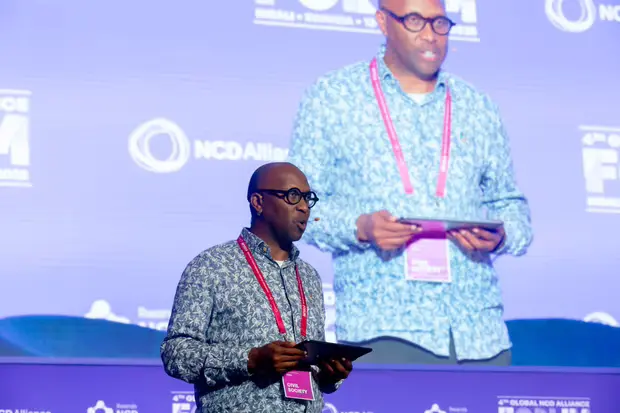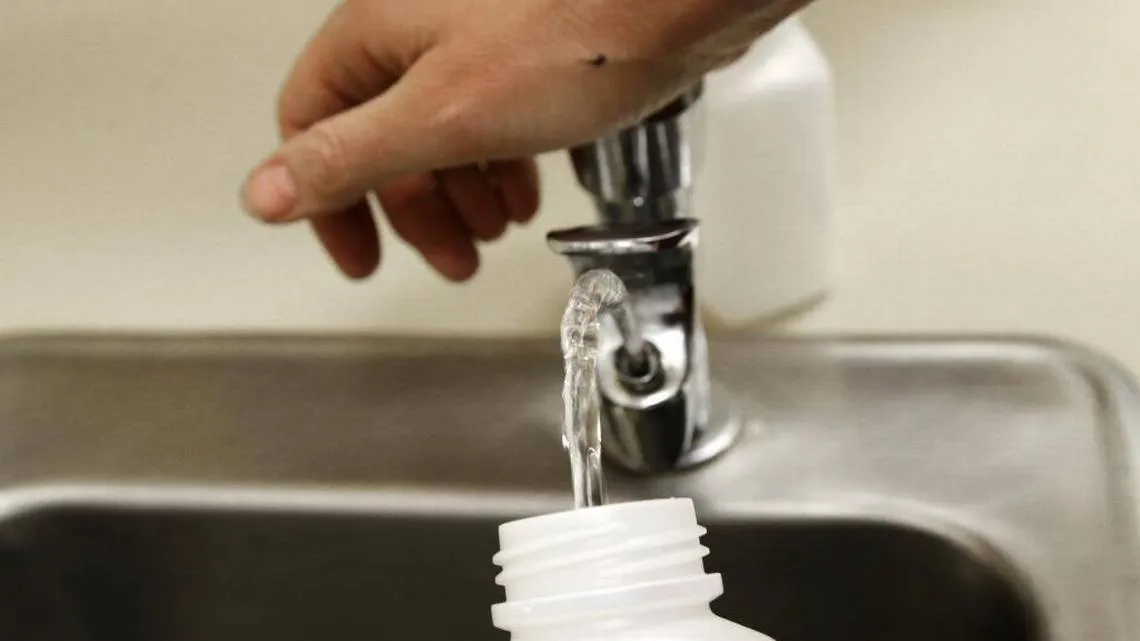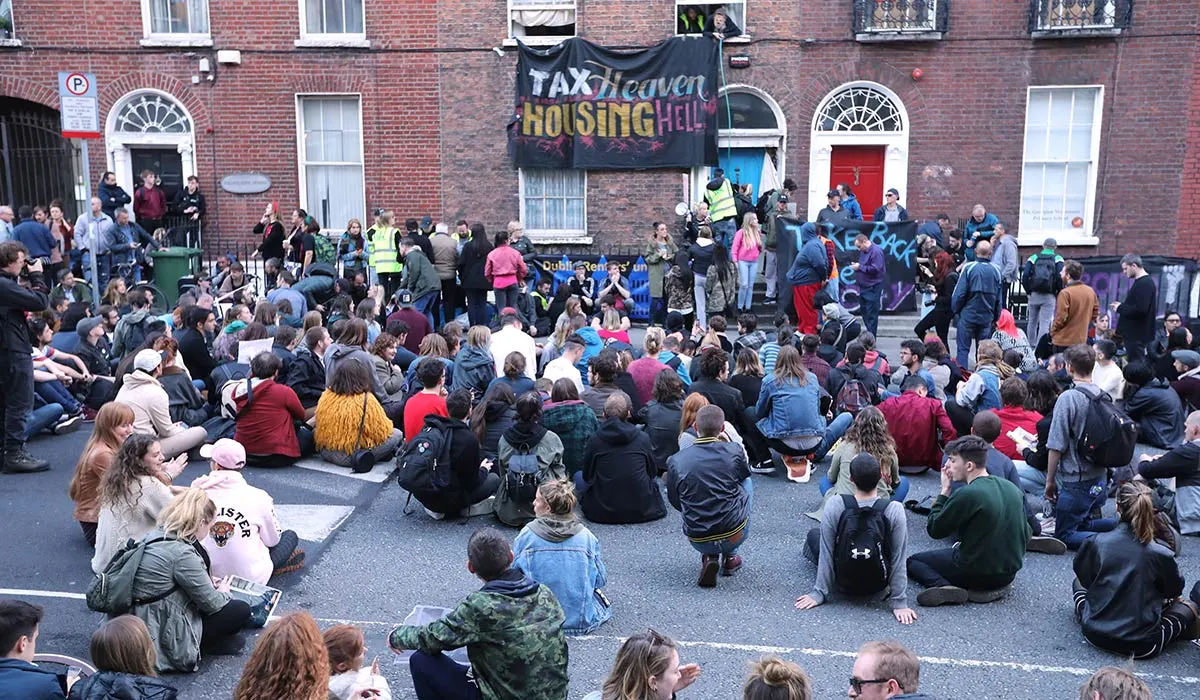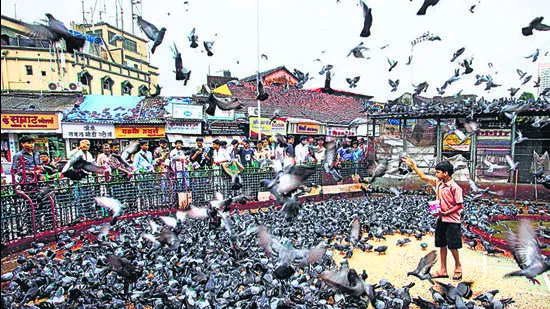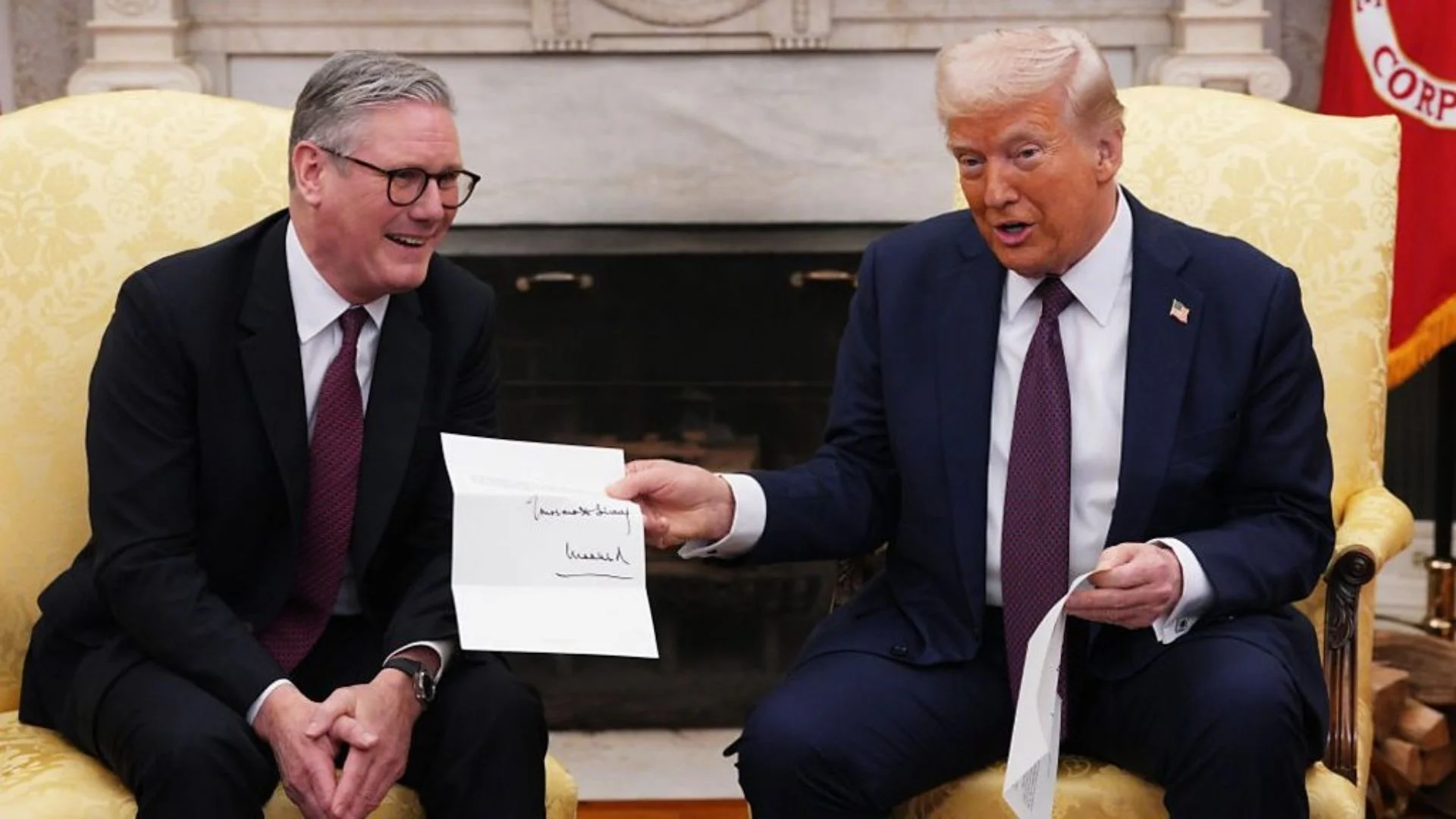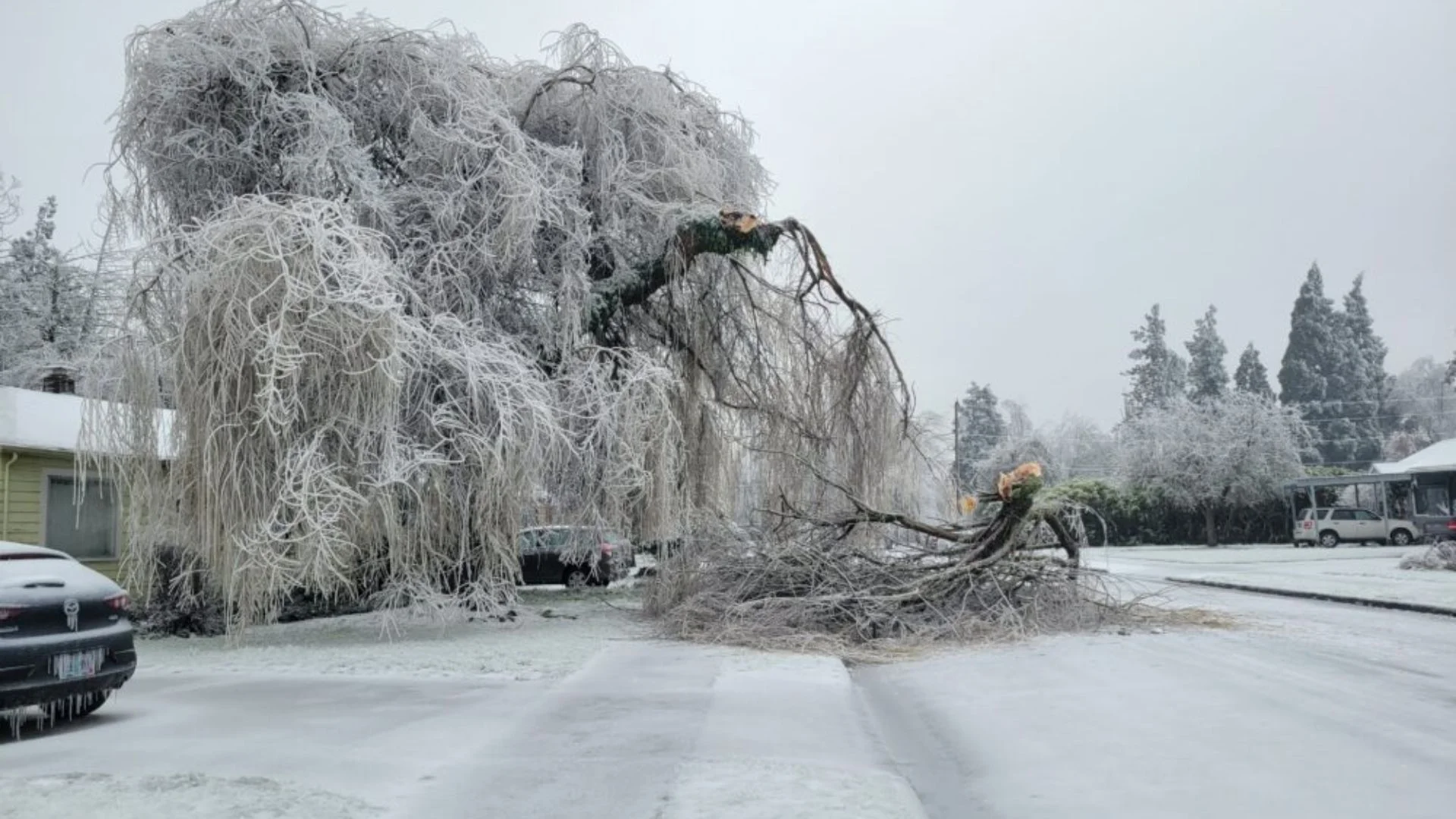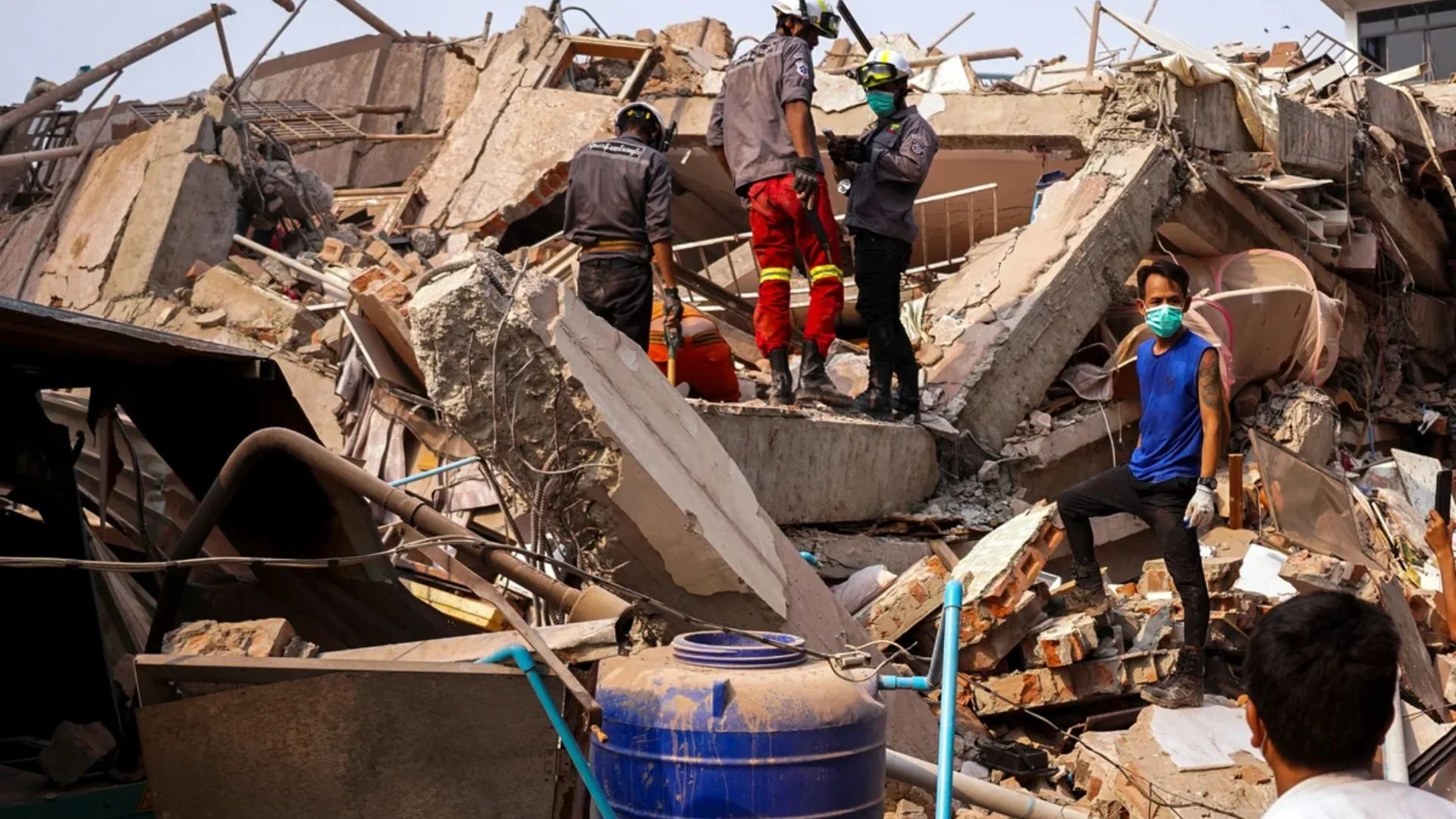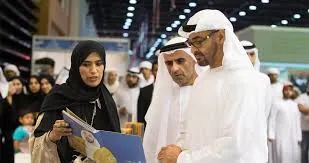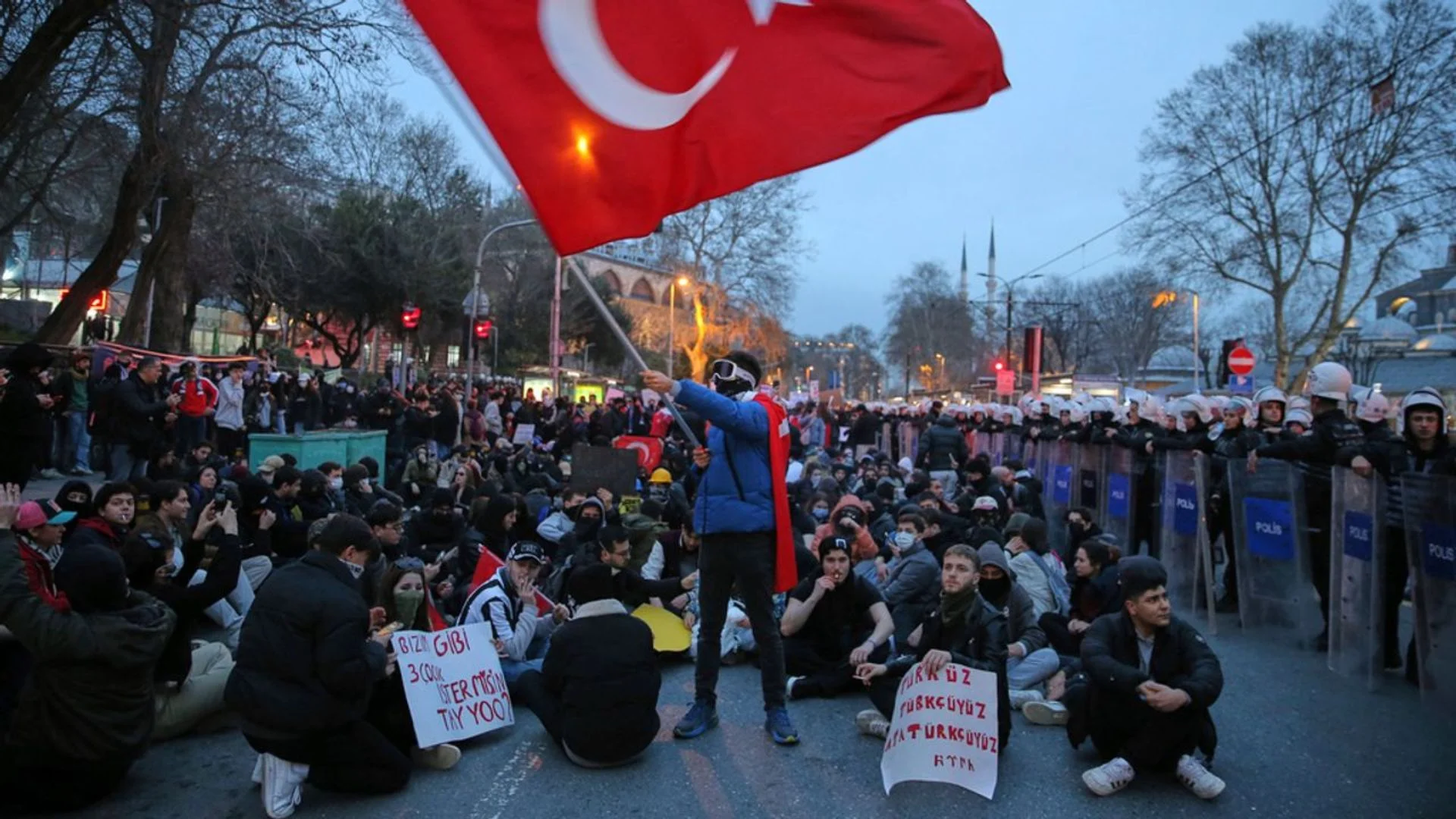In a world that faces increasing challenges from infectious diseases, poverty, and conflict, Africa has long relied on international aid to combat public health emergencies and strengthen healthcare infrastructure. However, as the global health landscape evolves, so too does the response of wealthy nations to the growing needs of developing countries. A recent development that has alarmed health officials on the African continent is the U.S. government’s decision to pause vital health aid, including funding for disease control programs. Jean Kaseya, the head of the Africa Centres for Disease Control and Prevention (Africa CDC), has publicly called for the resumption of U.S. health aid, emphasizing that the interruption of support will have dire consequences for Africa’s ability to fight disease outbreaks and manage the health challenges that millions face on a daily basis.
A Threat to Public Health and Disease Control
The decision to freeze U.S. funding comes at a critical time for Africa, which is grappling with a range of health issues that could have both immediate and long-term consequences. Kaseya, in an impassioned plea, described his alarm upon hearing about the aid pause, particularly given the ongoing outbreaks of diseases like HIV, cholera, measles, and the growing threat of an mpox pandemic. These diseases do not only affect the immediate health of individuals but also strain entire healthcare systems, threatening to reverse the progress made in the fight against infectious diseases across the continent.
A recent survey of global health officials has revealed that, in addition to traditional diseases, conflict zones like those in the eastern Democratic Republic of Congo (DRC) are exacerbating health risks. In these regions, healthcare efforts are significantly hampered by violence, instability, and logistical challenges. Kaseya pointed out that diseases such as mpox, which can quickly escalate into a pandemic, are not confined to Africa but could ultimately spread globally, as demonstrated during the COVID-19 pandemic. Without adequate funding, the region is ill-equipped to address the outbreaks that continue to surge.
The U.S. freeze on aid has left a significant gap in funding for critical programs. According to Kaseya, the Africa CDC is currently facing a shortfall of around $200 million, out of the $1.1 billion originally pledged to combat outbreaks like mpox. These funds are essential for purchasing vaccines, conducting surveillance, and deploying healthcare teams to affected regions. In the case of mpox, millions of vaccine doses are sitting idle in Kinshasa due to the security situation in Goma, where ongoing conflict has halted distribution efforts. As a result, thousands of people who could benefit from vaccination are left vulnerable.
Kaseya’s letter to African leaders emphasized the devastating impact this funding freeze could have, not just for African nations but for the broader global community. He warned that, without immediate intervention, millions of people could die from preventable diseases, including children who are disproportionately affected by these outbreaks. He also pointed out that disease outbreaks in Africa do not remain localized; they have the potential to spread across borders and impact countries around the world, including the U.S.
A Global Health Threat
Kaseya’s concerns are not unfounded. In the past, diseases that originated in Africa have spread globally, causing significant health and economic disruptions. The COVID-19 pandemic, for instance, was largely fueled by the rapid spread of the virus from early hotspots in Asia and Africa. The current health climate presents similar risks, with diseases like mpox, cholera, and measles on the rise in conflict-ridden regions of Africa. The lack of funding for containment efforts makes it harder to track the spread of these diseases and ensure that they do not reach epidemic or pandemic levels.
The ongoing instability in the eastern DRC further complicates efforts to control disease outbreaks. The DRC has long been a hotspot for health emergencies, with the ongoing conflict in the region threatening to derail public health programs. The disruption caused by the security situation has led to a backlog of essential supplies, including vaccines and medical equipment, which are critical for preventing the spread of infectious diseases. Kaseya’s letter to African leaders underscored the urgency of securing immediate funding to address these gaps and ensure that resources are mobilized to contain outbreaks before they spiral out of control.
In addition to the direct health implications, Kaseya highlighted the broader impact that the U.S. aid freeze could have on global health security. He emphasized that when Africa’s health crises are ignored, the risks are not confined to the continent. Disease outbreaks, once allowed to proliferate, have the potential to spread beyond borders and wreak havoc on global health systems. The U.S., which has long been a key partner in the fight against infectious diseases, must recognize the importance of supporting Africa’s health efforts, not just for humanitarian reasons but for the protection of global health.
A Call for Action
The Africa CDC, under Kaseya’s leadership, has played a crucial role in coordinating the continent’s response to health emergencies. The organization’s efforts have helped strengthen surveillance systems, improve outbreak response times, and increase access to vaccines and treatments. However, these successes are at risk if the U.S. and other donor countries fail to resume funding for health programs. Kaseya’s call for action has resonated with African leaders, who have rallied around the need for urgent intervention to plug the financial gaps and ensure that vital health programs can continue.
Kaseya’s role as head of the Africa CDC is deeply personal. Having witnessed firsthand the devastating impact of infectious diseases on his home continent, Kaseya has been a tireless advocate for improved healthcare infrastructure and disease prevention efforts. His leadership in navigating the complexities of the continent’s health challenges has earned him widespread respect, but the current funding freeze presents an unprecedented challenge.
The plea for resumed aid is not just about saving lives in Africa—it is about ensuring that global health security remains a priority. The interconnectedness of the world in the age of globalization means that health issues in one part of the world can quickly have far-reaching effects. As Kaseya warned, Africa’s health crisis, if left unchecked, could become a global health crisis. The U.S. and other countries must recognize this reality and prioritize the resumption of funding for critical health initiatives in Africa.
The Broader Implications of the Aid Freeze
The U.S. decision to freeze health aid comes at a time when the world is still grappling with the aftermath of the COVID-19 pandemic. The lessons learned from the global response to COVID-19 underscore the importance of international cooperation and investment in global health security. The U.S. has long been a leader in funding efforts to combat infectious diseases and improve healthcare infrastructure in developing countries. However, the current funding freeze raises questions about the future of global health collaboration.
The freeze on aid has broader implications for U.S. influence in Africa and beyond. The U.S. has historically been a key partner in supporting healthcare initiatives in Africa, with programs like PEPFAR (President’s Emergency Plan for AIDS Relief) helping to save millions of lives. A sustained freeze in aid could undermine U.S. leadership in global health and give rise to new partnerships with other countries, particularly China and Russia, which are increasingly expanding their influence in Africa.
Furthermore, the decision to pause aid undermines the progress made in fighting diseases like HIV, malaria, and tuberculosis. The lack of funding for these critical programs could reverse the gains made in recent years, leading to an increase in mortality rates and a slowdown in efforts to achieve the United Nations’ Sustainable Development Goals, particularly those related to health.
In response to the mounting concerns, Kaseya and other African health officials are calling for urgent intervention to lift the aid freeze and restore funding for health programs. While there are signs that the U.S. government may be willing to resume funding for certain lifesaving initiatives, the overall situation remains uncertain. Kaseya’s advocacy, combined with the support of African leaders, will be crucial in securing the resources needed to prevent further setbacks in the fight against infectious diseases.
As the global community watches closely, the situation in Africa serves as a reminder of the importance of international solidarity and the need for sustained investment in global health. The ongoing health challenges in Africa, exacerbated by conflict, disease outbreaks, and funding shortages, require immediate attention. Without the resumption of vital health aid, the consequences will be dire, not just for Africa but for the world at large. It is time for the international community to recognize the urgency of the situation and act decisively to prevent further loss of life.

